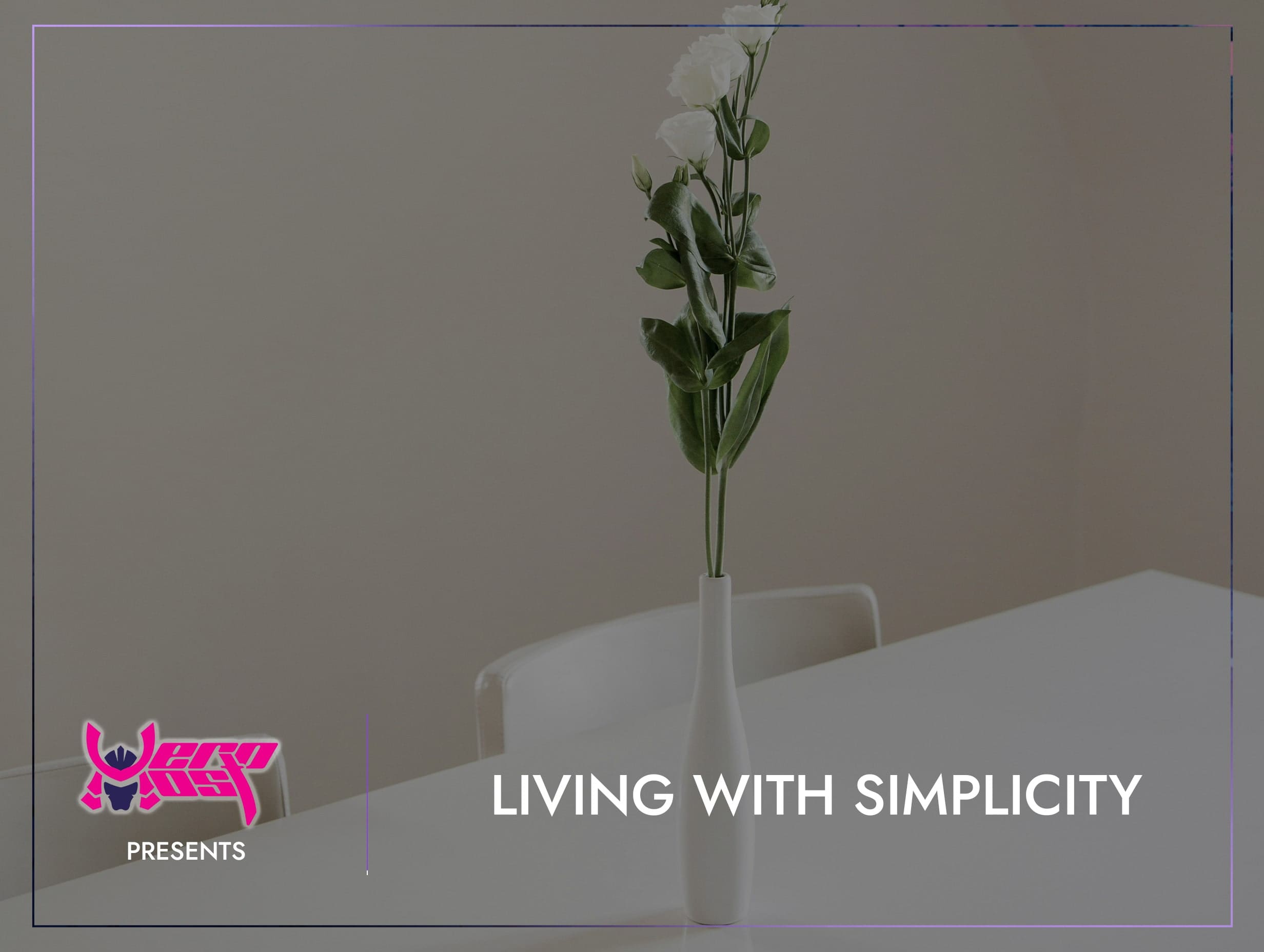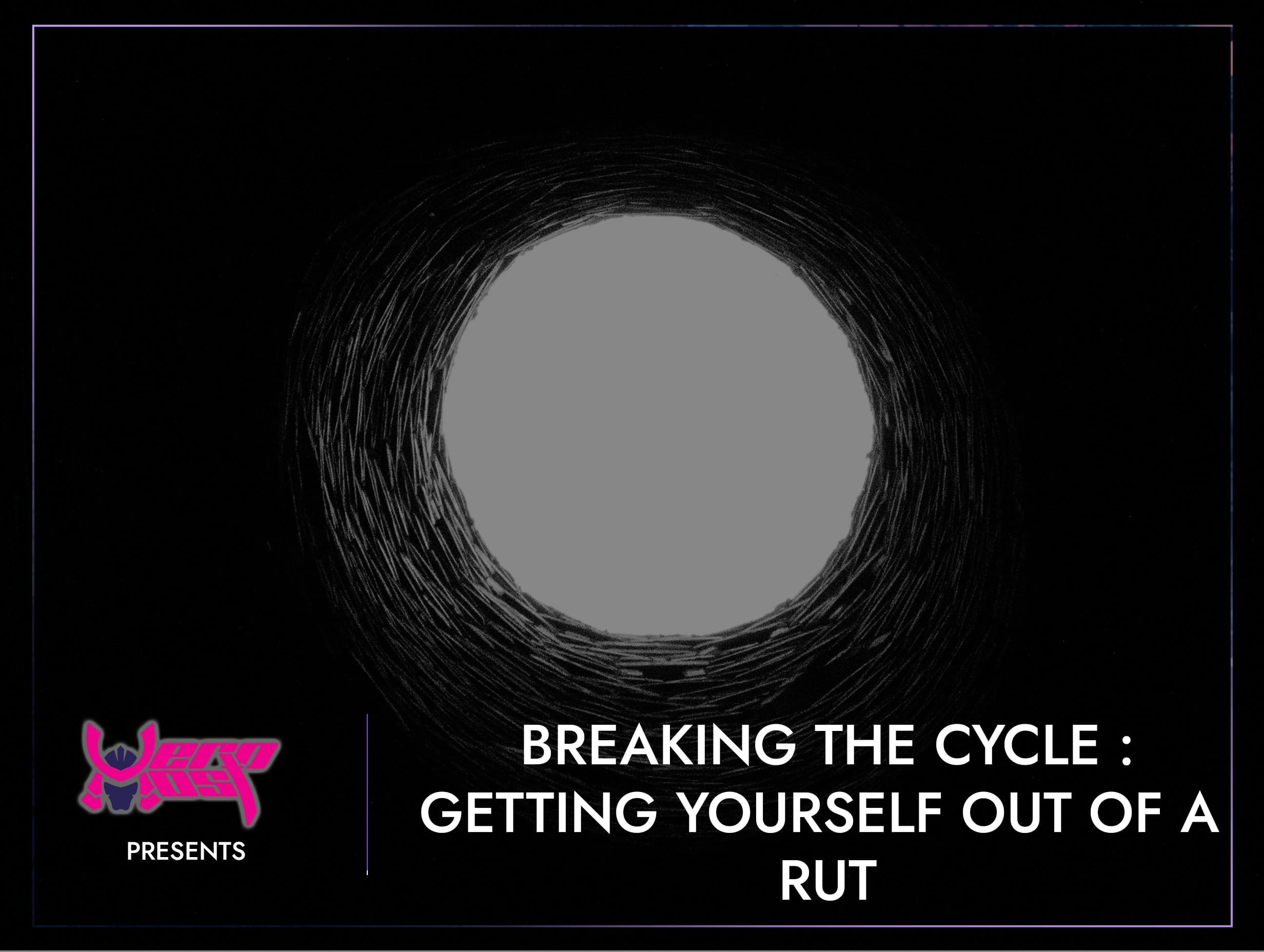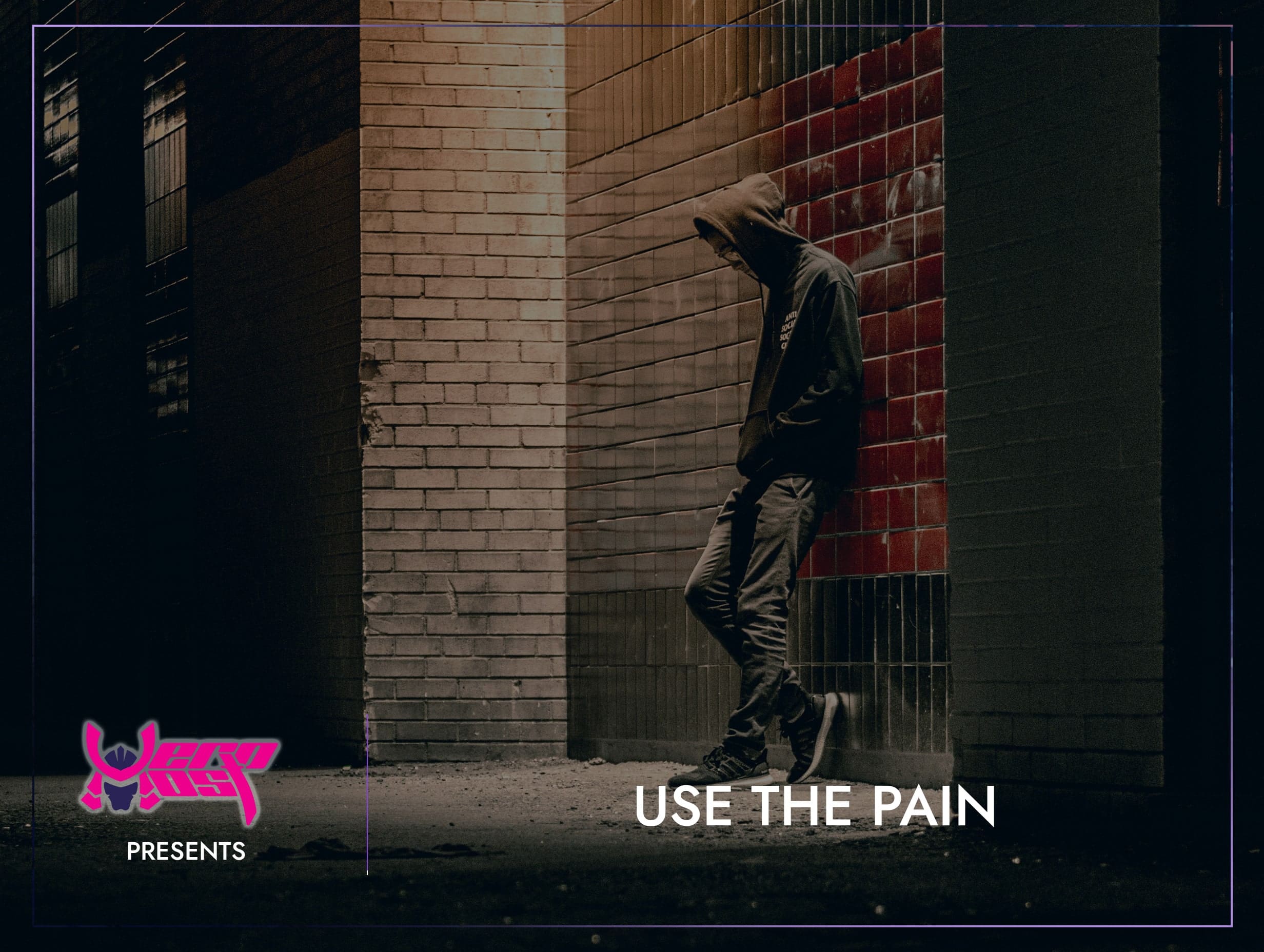Living With Simplicity: The Power of Minimalism
- Home
- Lessons From Asia
- Living With Simplicity: The Power of Minimalism

- Mikey Ryu
- May 24, 2024
- 0
Living With Simplicity: The Power of Minimalism
In an age where consumerism and materialism dominate, the quest for simplicity offers a refreshing and transformative perspective. The minimalist movement, deeply rooted in Zen and Japanese culture, provides a path to more meaningful, focused, and satisfying lives. This blog explores the power of minimalism, practical tips for simplifying your life, the connection between simplicity and happiness, and the influence of minimalism in Japanese culture.
“The more you know, the less you need”
Yvon Chouinard
The Power of Minimalism
Minimalism is a lifestyle choice that involves intentionally focusing on what truly matters and eliminating the excess. It’s not about deprivation but about making room for more significant and meaningful experiences. The power of minimalism lies in its ability to reduce stress, increase clarity, and foster a deeper sense of contentment.
In a world cluttered with distractions, minimalism helps us prioritize our time, energy, and resources. By stripping away the non-essential, we can concentrate on our passions, relationships, and personal growth. This clarity allows for a richer, more fulfilling life.
Simplifying Your Life: Practical Tips
Adopting a minimalist lifestyle can seem daunting, but it doesn’t have to be. Here are some practical tips to help you simplify your life:
Declutter Your Space:
Start with your physical environment. Go through your belongings and ask yourself if each item adds value to your life. If not, consider donating, selling, or recycling it. A decluttered space can lead to a decluttered mind.
Prioritise Quality Over Quantity:
When making purchases, focus on quality rather than quantity. Invest in items that are well-made and durable. This not only reduces waste but also ensures you have possessions that truly serve you.
Digital Detox:
Our digital lives can be just as cluttered as our physical ones. Organize your digital files, unsubscribe from unnecessary emails, and limit your screen time. This will help you regain control over your attention and reduce stress.
Simplify Your Schedule:
Review your daily and weekly commitments. Are there activities that drain your energy or no longer align with your goals? Learn to say no to obligations that don’t add value to your life, and make time for rest and rejuvenation.
Mindful Consumption:
Be mindful of what you bring into your life. Whether it’s physical items, digital content, or even relationships, ensure they contribute positively to your well-being. Avoid impulsive buying and practice gratitude for what you already have.
Create Simple Routines:
Establishing simple, consistent routines can bring a sense of order and calm to your life. Whether it’s a morning ritual, a regular exercise routine, or a nightly wind-down practice, these habits can help ground you and reduce decision fatigue.
The Connection Between Simplicity and Happiness
There is a profound connection between simplicity and happiness. Studies have shown that beyond a certain point, more possessions do not equate to more happiness. Instead, a simpler lifestyle can lead to increased well-being.
Less Stress:
Clutter, whether physical or mental, can cause stress. By simplifying our lives, we reduce this burden, leading to a calmer and more peaceful existence.
More Freedom:
Minimalism offers freedom from the constant pursuit of material goods. This liberation allows us to focus on what truly matters, such as relationships, personal growth, and meaningful experiences.
Increased Focus:
When we eliminate distractions, we can better concentrate on our goals and passions. This focus can lead to greater productivity and a deeper sense of achievement.
Greater Appreciation:
With fewer possessions, we can develop a deeper appreciation for what we do have. This gratitude fosters contentment and a more positive outlook on life.
Environmental Benefits:
Minimalism encourages sustainable living. By consuming less, we reduce our environmental footprint, contributing to a healthier planet for future generations.
Minimalism in Japanese Culture
Minimalism is deeply ingrained in Japanese culture, influenced by Zen Buddhism and traditional aesthetics. Concepts such as wabi-sabi and ma exemplify the Japanese approach to simplicity and minimalism.
Wabi-Sabi:
This Japanese aesthetic embraces the beauty of imperfection and impermanence. It encourages us to find beauty in simplicity and to appreciate the natural cycle of growth and decay. Wabi-sabi teaches us to value authenticity and the inherent beauty of imperfection.
Ma:
The concept of ma refers to the space between objects, emphasizing the importance of emptiness and silence. In design and architecture, ma creates a sense of balance and harmony, allowing the essential elements to stand out. This principle can be applied to our lives by valuing space and stillness, fostering a sense of peace and clarity.
Zen Gardens:
Japanese Zen gardens, with their simple and carefully arranged elements, exemplify minimalist principles. These gardens provide a space for meditation and reflection, promoting inner peace and mindfulness. The design encourages us to focus on the present moment and find serenity in simplicity.
Tea Ceremony:
The Japanese tea ceremony is another example of minimalism in practice. This ritual, with its precise and deliberate movements, emphasizes mindfulness and the appreciation of simple pleasures. The tea ceremony teaches us to slow down, be present, and find joy in the ordinary.
Conclusion
Embracing minimalism is not about living with nothing; it’s about living with intention. By simplifying our lives, we can reduce stress, increase focus, and foster a deeper sense of contentment. The Japanese philosophy of minimalism, influenced by Zen Buddhism and traditional aesthetics, offers timeless wisdom on the beauty of simplicity. As Yvon Chouinard aptly said, “The more you know, the less you need.” By understanding and applying these principles, we can lead richer, more meaningful lives.
Search
Categorys
- Branding (12)
- Business Growth Guides (3)
- Business Insights (3)
- Content Marketing (43)
- Domain Authority (19)
- Email Marketing (28)
- Google Analytics & Search Console (5)
- Hack or Not (2)
- Hero Host News (0)
- Inbound Marketing (32)
- Lessons From Asia (40)
- Marketing Guides (11)
- Martial Arts Journey (14)
- Outbound Marketing (8)
- Search Engine Optimisation (SEO) (41)
- Social Media Marketing (38)
- Web Design (20)
- Website Hosting (4)
- Wordpress (2)






